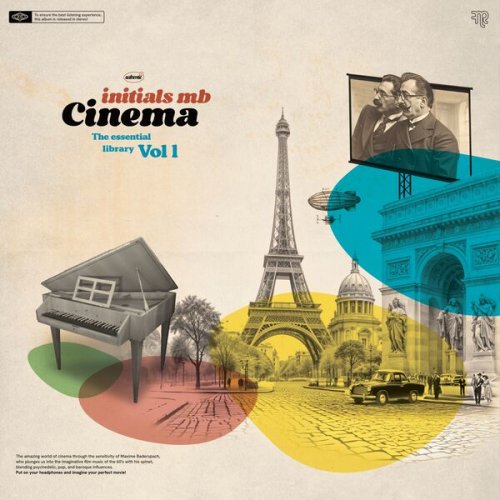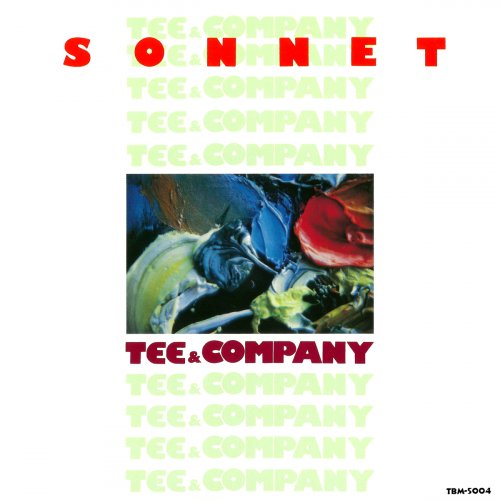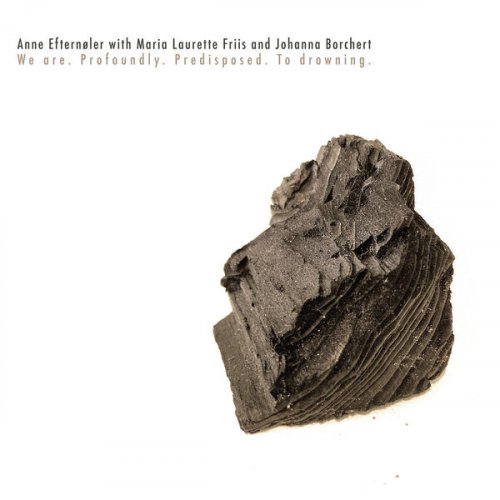Ensemble Villa Musica - Henze: Chamber Music, Vol. 2 (2006)
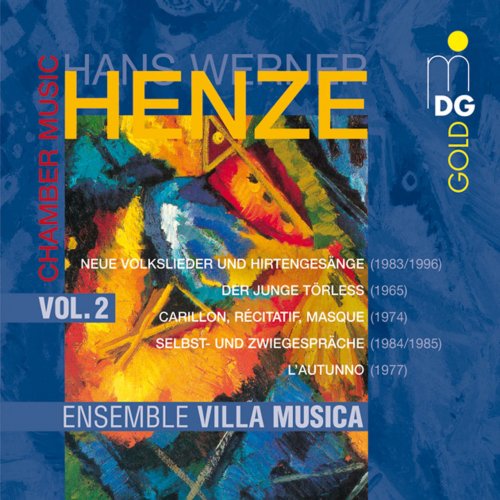
Artist: Ensemble Villa Musica
Title: Henze: Chamber Music, Vol. 2
Year Of Release: 2006
Label: MDG Gold
Genre: Classical
Quality: FLAC (tracks)
Total Time: 01:16:08
Total Size: 293 Mb
WebSite: Album Preview
Tracklist: Title: Henze: Chamber Music, Vol. 2
Year Of Release: 2006
Label: MDG Gold
Genre: Classical
Quality: FLAC (tracks)
Total Time: 01:16:08
Total Size: 293 Mb
WebSite: Album Preview
Neue Volkslieder Und Hirtengesänge (1983/1996)
For Bassoon, Guitar And String Trio
1. Pastorale. Moderato 2:48
2. Morgenlied. Allegretto Moderato 1:04
3. Ballade. Con Comodo 2:48
4. Tanz. Con Comodo 1:25
5. Rezitativ. Con Pathos 0:39
6. Abendlied. Allegretto Misterioso 3:37
7. Ausklang. Ländler 1:28
Der Junge Törless (1965)
For String Sextet
8. Adagio 5:33
9. Allegro Marcato 2:08
10. Air 5:07
11. Vivace 2:47
Carillon, Récitatif, Masque (1974)
For Mandoline, Guitar And Harp
12. Carillon 7:25
13. Récitatif 2:47
14. Masque 1:51
Selbst- Und Zwiegespräche (1984/1985)
A Trio For Viola, Guitar And Organ
15. . 6:43
L‘autunno (1977)
Musica Per 5 Suonatori Di Strumenti A Fiato
16. Moderato 6:37
17. Allegretto 3:10
18. Allegramente 3:00
19. Vivace 10:16
20. Quia Respexit Humilitatem Ancillae Suae 4:11
Performers:
Ensemble Villa Musica
One of the continuing appeals of Hans Werner Henze's music is his ability to use the formidable arsenal of twentieth century musical innovations in works that have immediate aural appeal, while probing ambiguous or disturbing layers of meaning lurking beneath the surface. The complexity of his music is generally not so much apparent on its surface as in its psychology.
While Henze has written in virtually every genre of music in his long and remarkably productive career, he is essentially a dramatic composer, and it's for his operas, ballets, music theater pieces, vocal music, and film music that he will be most remembered. Four of the five of the works gathered on this recording reflect that emphasis; Neue Volkslieder und Hirtengesänge; Der Junge Törless; Carillon, Récitatif, Masque; and Selbst- und Zweigespräche each had their origins in pieces written for theater, film, or television. Even in the wind quintet L'autunno, the only work that began its life as "absolute" music, the instruments are treated as dramatic characters, a technique Henze described as "psychopolyphony."
Neue Volkslieder und Hirtengesänge (New Folk Songs and Pastorals), as the title would suggest, are evocative distillations of German and Austrian folk traditions and are never merely imitative pastiches. The music for Volker Schlöndorff's film Der Junge Törless (originally scored for Renaissance instruments, but here transcribed for string sextet) bleakly conveys the disturbing cruelties of adolescent boys, a theme on which Henze shone an even more grim and shocking spotlight in Das Verratene Meer, his operatic adaptation of Mishima's The Sailor Who Fell from Grace with the Sea. The transparent and luminous Carillon, Récitatif, Masque, for mandolin, guitar, and harp is one of his sunniest scores. The combination of instruments guarantees a delicate and beautiful sound, and Henze's consistently inventive writing takes full advantage of the timbral possibilities the ensemble offers. L'autunno, the largest work recorded here, is a substantial and attractive exploration of a wide range of moods, from gentle melancholy to understated humor.
The Ensemble Villa Musica plays with polish and panache, and with obvious affinity for this music. For the fan of the chamber music of Bartók or Shostakovich interested in making a foray into the later twentieth century, these works by Henze offer much to savor, ponder, and revel in. The sound of MDG's audiophile recording is exquisitely clean and natural.
While Henze has written in virtually every genre of music in his long and remarkably productive career, he is essentially a dramatic composer, and it's for his operas, ballets, music theater pieces, vocal music, and film music that he will be most remembered. Four of the five of the works gathered on this recording reflect that emphasis; Neue Volkslieder und Hirtengesänge; Der Junge Törless; Carillon, Récitatif, Masque; and Selbst- und Zweigespräche each had their origins in pieces written for theater, film, or television. Even in the wind quintet L'autunno, the only work that began its life as "absolute" music, the instruments are treated as dramatic characters, a technique Henze described as "psychopolyphony."
Neue Volkslieder und Hirtengesänge (New Folk Songs and Pastorals), as the title would suggest, are evocative distillations of German and Austrian folk traditions and are never merely imitative pastiches. The music for Volker Schlöndorff's film Der Junge Törless (originally scored for Renaissance instruments, but here transcribed for string sextet) bleakly conveys the disturbing cruelties of adolescent boys, a theme on which Henze shone an even more grim and shocking spotlight in Das Verratene Meer, his operatic adaptation of Mishima's The Sailor Who Fell from Grace with the Sea. The transparent and luminous Carillon, Récitatif, Masque, for mandolin, guitar, and harp is one of his sunniest scores. The combination of instruments guarantees a delicate and beautiful sound, and Henze's consistently inventive writing takes full advantage of the timbral possibilities the ensemble offers. L'autunno, the largest work recorded here, is a substantial and attractive exploration of a wide range of moods, from gentle melancholy to understated humor.
The Ensemble Villa Musica plays with polish and panache, and with obvious affinity for this music. For the fan of the chamber music of Bartók or Shostakovich interested in making a foray into the later twentieth century, these works by Henze offer much to savor, ponder, and revel in. The sound of MDG's audiophile recording is exquisitely clean and natural.
![Martin Fabricius & Chris Lavender - The Speed of Why (2010) [Hi-Res] Martin Fabricius & Chris Lavender - The Speed of Why (2010) [Hi-Res]](https://www.dibpic.com/uploads/posts/2026-02/1771254824_cover.jpg)
![Hyper Elastic Jinx - We Vote Force Majeure (2026) [Hi-Res] Hyper Elastic Jinx - We Vote Force Majeure (2026) [Hi-Res]](https://www.dibpic.com/uploads/posts/2026-02/1771485115_cover.jpg)
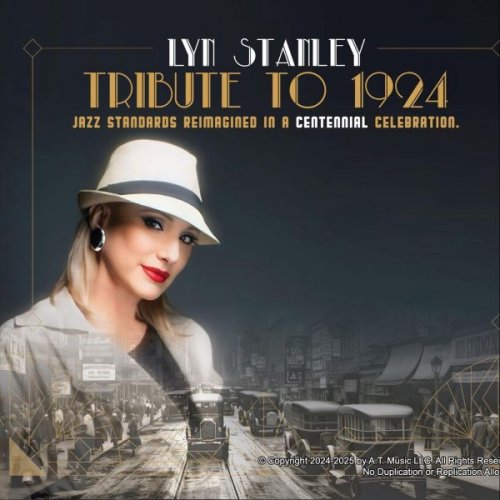
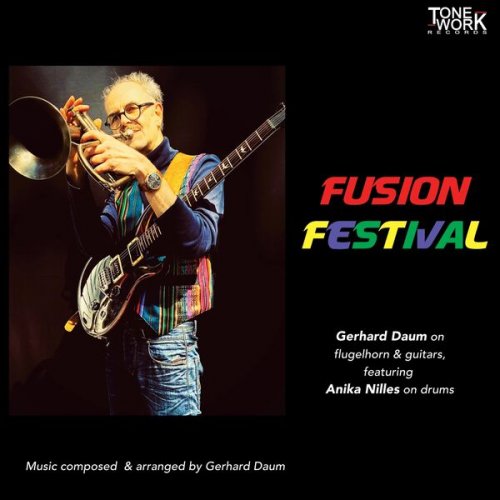

![Manu Delago & Max ZT - Deuce (2026) [Hi-Res] Manu Delago & Max ZT - Deuce (2026) [Hi-Res]](https://img.israbox.com/img/2026-02/19/v5s18xsisjkqnsg5od9qlgck5.jpg)
